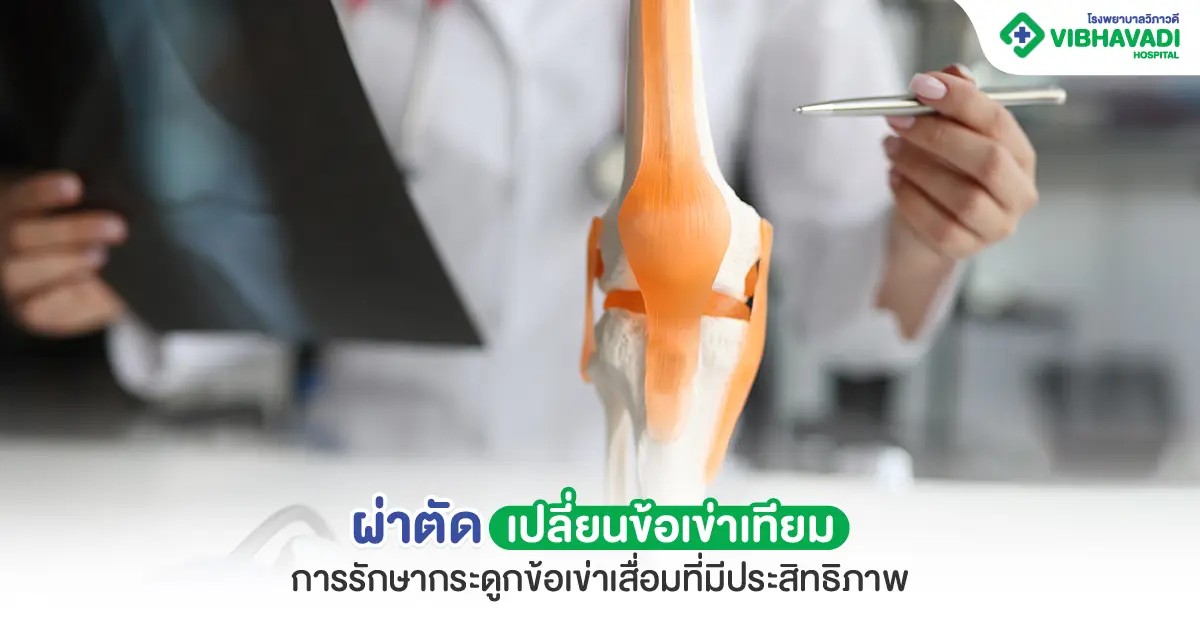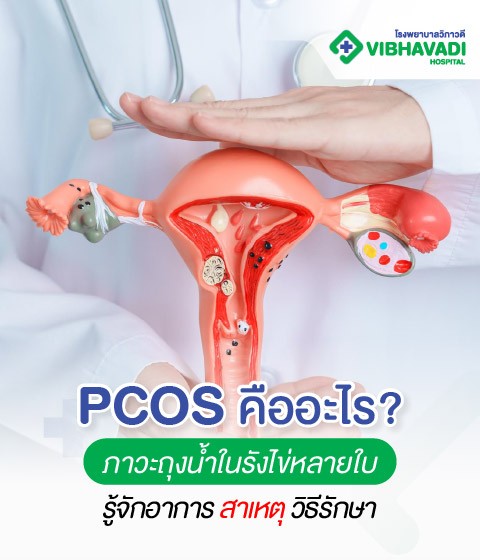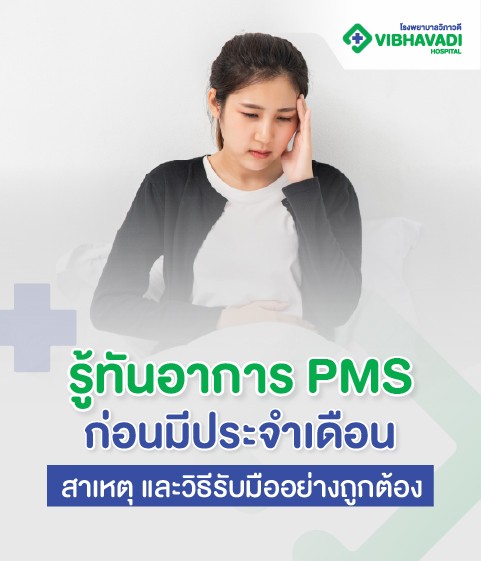Understanding Office Syndrome
Understanding Office Syndrome: Causes, Symptoms, and Treatment at Vibhavadi Hospital
Office Syndrome is a modern health condition that affects millions of working individuals around the world. With increasing reliance on computers and long hours spent sitting at desks, people are experiencing physical discomfort and musculoskeletal issues more frequently. At Vibhavadi Hospital, we provide expert diagnosis and treatment for Office Syndrome, aiming to relieve symptoms and prevent long-term complications through comprehensive and personalized care.
What Is Office Syndrome?
Office Syndrome refers to a group of symptoms that arise from prolonged, repetitive, or improper postures commonly found in office environments. The condition typically involves muscle pain, tension, and fatigue in areas such as the neck, shoulders, upper and lower back, wrists, and eyes. These symptoms are usually the result of continuous muscle strain and a lack of movement throughout the day.
This syndrome is not limited to just discomfort—it can lead to chronic pain, reduced work efficiency, and overall lower quality of life if left untreated.
Causes and Contributing Factors
Several factors contribute to the development of Office Syndrome. These causes are often related to the modern work lifestyle and habits associated with desk jobs.
Poor posture is one of the most common contributors. Sitting in a hunched position, slouching, or failing to maintain spinal alignment puts stress on the back and shoulder muscles.
Repetitive movements such as typing, clicking a mouse, or using mobile devices can lead to overuse injuries, especially in the hands, wrists, and forearms.
Improper ergonomic setup is another major factor. Chairs without lumbar support, desks that are too high or low, and improperly positioned monitors all create imbalances in posture, resulting in unnecessary muscle strain.
Lack of movement throughout the workday further exacerbates these issues. Sitting still for long hours without stretching or walking around reduces circulation, stiffens muscles, and increases discomfort over time.
Common Symptoms of Office Syndrome
The symptoms of Office Syndrome vary depending on the severity and duration of exposure to risk factors. In most cases, individuals experience musculoskeletal discomfort such as:
- Neck and shoulder stiffness or pain
- Lower back pain
- Upper back tightness or muscle fatigue
- Numbness, tingling, or weakness in the arms or fingers
- Wrist pain or symptoms similar to carpal tunnel syndrome
In addition to physical symptoms, some individuals report:
- Headaches, often caused by tension in the neck and shoulders
- Eye strain or blurred vision due to prolonged screen time
- Reduced concentration or mental fatigue
These symptoms can be temporary, but if unaddressed, they can become chronic and significantly impact daily activities and productivity.
Who Is at Risk?
While Office Syndrome is most commonly associated with office workers, it can affect anyone who maintains prolonged static posture or repetitive activities throughout the day.
Office employees who work on computers for more than 6 hours a day are particularly at risk, especially if they do not take regular breaks or use ergonomic equipment.
Remote workers and freelancers who may not have proper workstations at home often experience higher rates of musculoskeletal discomfort due to poor seating and posture.
Students who spend hours studying or working on laptops without ergonomic awareness are also vulnerable to early signs of Office Syndrome.
Professions requiring repetitive hand or arm movement, such as graphic designers, accountants, programmers, or assembly line workers, are equally susceptible.
Diagnosis at Vibhavadi Hospital
Vibhavadi Hospital offers a comprehensive and individualized diagnostic process for Office Syndrome. Our medical team begins with a detailed consultation and physical examination to assess posture, range of motion, and pain levels.
If necessary, we may utilize imaging tools such as X-rays or MRIs to rule out other causes of pain and better understand the condition of the spine and surrounding muscles.
Additionally, muscle strength tests and nerve conduction studies may be performed to evaluate the extent of nerve involvement or muscular imbalance.
The goal is to identify not only the location but also the root cause of discomfort, which allows our specialists to create a personalized treatment plan.
Treatment Options Available
At Vibhavadi Hospital, our treatment for Office Syndrome involves a multi-disciplinary approach, focusing on both symptom relief and long-term prevention.
Physical therapy is one of the most effective treatments. This includes guided exercises to stretch and strengthen muscles, improve posture, and restore flexibility. Therapists also use manual techniques to release muscle knots and tension.
Therapeutic modalities such as ultrasound, electrical stimulation, and hot/cold therapy help reduce inflammation, promote blood circulation, and ease muscle pain.
Postural training is essential in educating patients about how to sit, stand, and work correctly to avoid future discomfort. We provide practical ergonomic tips and recommend suitable equipment adjustments.
Medications, such as non-steroidal anti-inflammatory drugs (NSAIDs) or muscle relaxants, may be prescribed in cases of severe pain or inflammation.
For patients with chronic or deep muscle pain, dry needling or trigger point injections may be used to relieve muscular tightness and improve function.
Ergonomic consultations are also available to assess workplace settings and recommend necessary changes to chairs, desks, monitor height, and typing technique.
Preventing Office Syndrome
The best way to avoid Office Syndrome is through awareness and proactive behavior.
Here are a few prevention tips:
- Take a short break to stretch or walk every 30–60 minutes
- Keep your monitor at eye level and sit upright with proper back support
- Use a chair with adjustable height and lumbar support
- Position the keyboard and mouse so your elbows are at a 90-degree angle
- Practice neck, wrist, and shoulder stretches during the day
Employers can also help by encouraging wellness initiatives, conducting ergonomic assessments in the workplace, and offering flexible seating or standing desk options.
Why Choose Vibhavadi Hospital?
Vibhavadi Hospital is known for its experienced specialists, modern facilities, and personalized approach to treatment. Our integrated care model ensures that each patient receives attention not only from orthopedic doctors but also from physiotherapists and rehabilitation specialists.
We understand that no two patients are alike. Our services are tailored to fit your condition, lifestyle, and treatment preferences. Whether you're experiencing mild stiffness or chronic pain, we have the resources and expertise to help you recover and prevent future problems.
Related Services
- Orthopedic Clinic
- Rehabilitation and Physical Therapy Center
- Ergonomic Assessment Program
- Pain Management Services
- Occupational Health and Wellness Checkups
Our team is ready to support patients from the first diagnosis to long-term prevention strategies. Appointments can be booked online or through our customer service center.
Frequently Asked Questions (FAQ)
1. Is Office Syndrome a permanent condition?
No, Office Syndrome is usually reversible with the right treatment and lifestyle changes. Most patients recover within a few weeks to a few months.
2. Do I need to see a doctor for mild symptoms?
Yes. Early intervention prevents the condition from becoming chronic and allows for faster recovery.
3. Can Office Syndrome be treated without medication?
Absolutely. Many patients improve significantly through physical therapy, ergonomic changes, and regular exercise alone.
4. What makes Vibhavadi Hospital a good choice for treatment?
We offer expert diagnostics, individualized treatment plans, and a team of experienced physiotherapists and medical specialists, all in a modern and comfortable setting.
5. Will my insurance cover Office Syndrome treatment?
Coverage varies by policy. Our staff can assist you in checking benefits and filing insurance claims.















